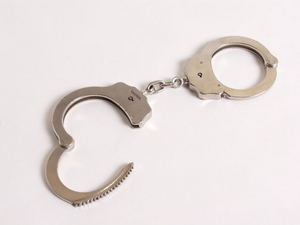More than ever, our criminal justice system relies on technology to aid in the fact-finding (or disputing) process. From DNA analysis to reviewing the contents on a computer hard drive, our Fort Lauderdale DUI defense lawyers know the ability to tap into technology plays a vital role.

However, it’s still not the only element courts will consider. Recently, Florida’s First District Court of Appeal weighed whether trial court’s review of a hearing officer’s decision to uphold a driver’s license suspension for refusal to submit to a breath or blood analysis was legally sound. Although one justice dissented, the court found the trial court erred in engaging in what amounted to a whole new review of the video evidence, as opposed to simply reviewing whether there was reasonable factual evidence to support the conclusion.
Although the driver’s license has been revoked, he may still have a strong chance of succeeding at his criminal trial with the discrepancies between the video evidence and officer testimony pointed out by the trial court in State of Florida, Department of Highway Safety and Motor Vehicles v. Wiggins.
Continue reading
 Fort Lauderdale Criminal Attorney Blog
Fort Lauderdale Criminal Attorney Blog












